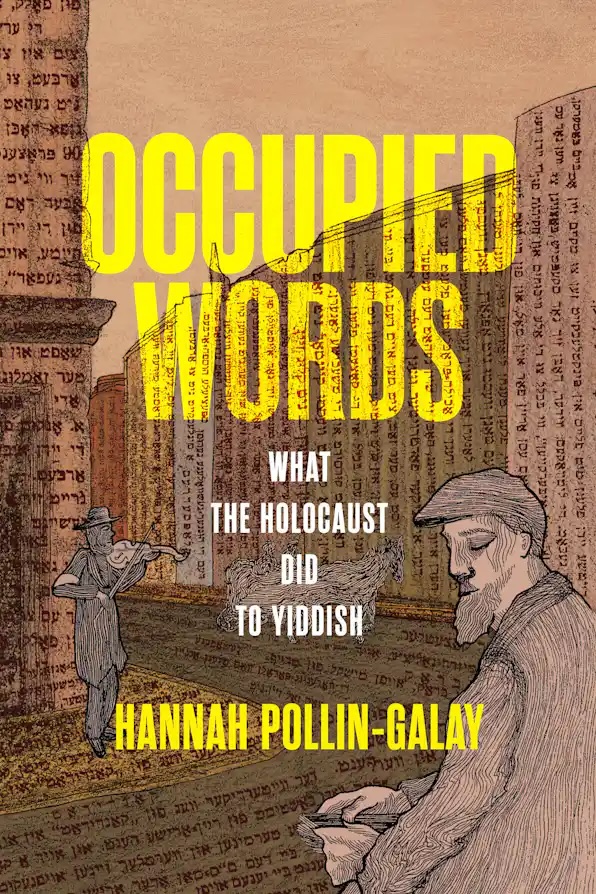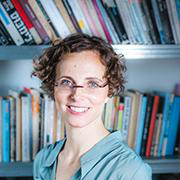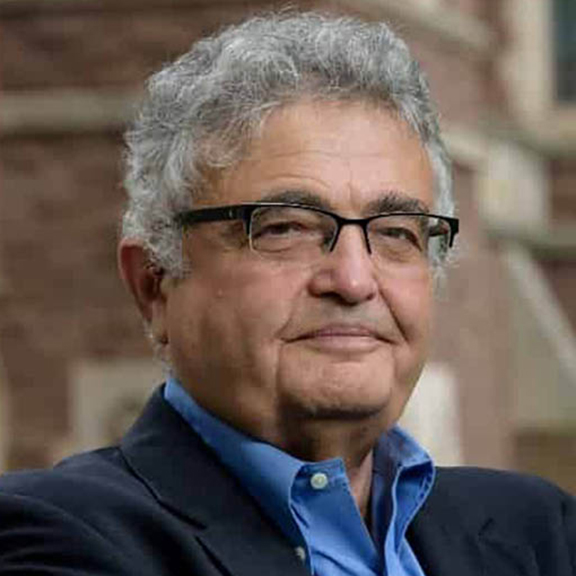Yiddish Language During the Holocaust

|
Book Talk
Admission: Free |
The Holocaust radically altered the way many East European Jews spoke Yiddish. Finding prewar language incapable of describing the imprisonment, death, and dehumanization of the Holocaust, prisoners added or reinvented thousands of Yiddish words and phrases to describe their new reality. These crass, witty, and sometimes beautiful Yiddish words – Khurbn Yiddish, or “Yiddish of the Holocaust” – puzzled and intrigued the East European Jews who were experiencing the metamorphosis of their own tongue in real time. Sensing that Khurbn Yiddish words harbored profound truths about what Jews endured during the Holocaust, some Yiddish speakers threw themselves into compiling dictionaries and glossaries to document and analyze these new words. Others incorporated Khurbn Yiddish into their poetry and prose. In Occupied Words: What the Holocaust Did to Yiddish, Hannah Pollin-Galay uses cultural history, philology, and literary interpretation to explore Khurbn Yiddish as a form of Holocaust memory and as a testament to the sensation of speech under genocidal conditions.
Join YIVO for a discussion with Pollin-Galay about this new book, led by historian Samuel Kassow.
This program is supported, in part, by public funds from the New York City Department of Cultural Affairs, in partnership with the City Council.

About the Speakers

Hannah Pollin-Galay is Associate Professor in the Department of Literature at Tel Aviv University, where she is also head of the Jona Goldrich Institute for Yiddish Language, Literature and Culture. Pollin-Galay researches and teaches primarily in the fields of Yiddish literature and Holocaust studies, and all the ways that these two fields intersect. Her first book, Ecologies of Witnessing: Language, Place and Holocaust Testimony (Yale, 2018) asks how place and language shape Holocaust survivor testimony. Her second book, Occupied Words: What the Holocaust Did to Yiddish (University of Pennsylvania Press, 2024), explores the thousands of Yiddish words that were invented or reinvented during the Holocaust, and why they served as a potent means of testimony. Pollin-Galay has published articles in journals such as Holocaust and Genocide Studies, Jewish Quarterly Review and Jewish Social Studies, among others. For the 2024-2025 academic year, she is a Senior Scholar at the Fortunoff Archive for Video Testimony at Yale University and a Yiddish Book Center Translation Fellow, focusing on Yiddish ecopoems of the Holocaust.

Samuel Kassow, the Charles H. Northam Professor of History at Trinity College, holds a Ph.D. from Princeton University. He has been a visiting professor at many institutions and was on the team of scholars that planned the POLIN Museum of the History of Polish Jews in Warsaw. Among his various publications is Who will Write our History: Emanuel Ringelblum and the Secret Ghetto Archive (Indiana, 2007), which received the Orbis Prize of the AAASS, the Damals Prize in Germany for the best monograph of the year, and which was a finalist for a National Jewish Book Award. It has been translated into eight languages. He is on the team of scholars chosen by Yad Vashem to write a one-volume history of the Holocaust in Poland.




